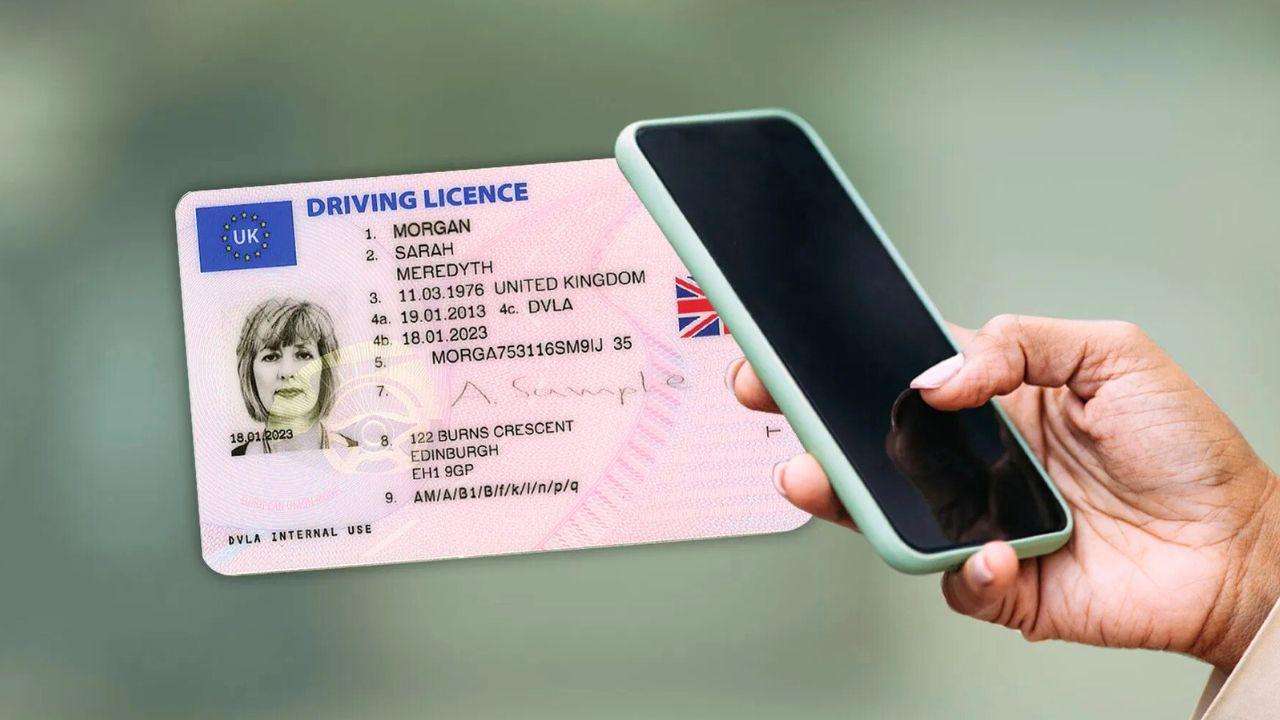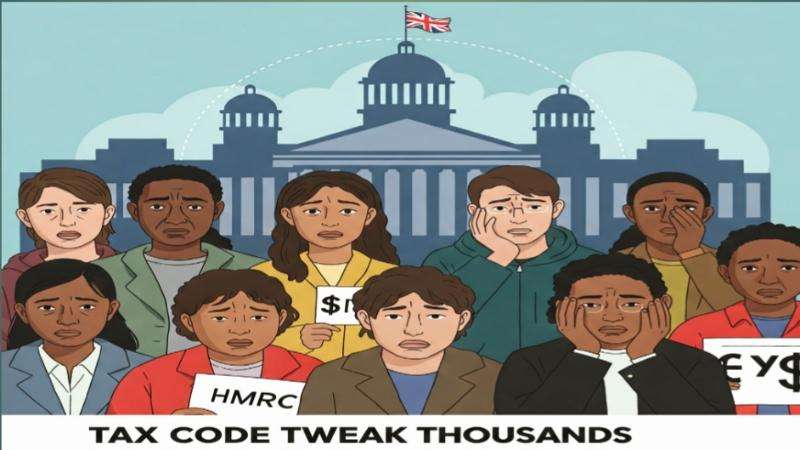At the beginning of 2025, the UK Government unveiled plans to launch a new Gov.uk virtual wallet and app, aimed at streamlining access to official documents and services. One of the key features of this digital wallet is the introduction of a digital driving licence, expected to become available later in the year.
Despite the government's announcement, recent research by number plate provider Regtransfers suggests that awareness among UK drivers remains low. According to a survey of 1,000 individuals holding either a full or provisional licence, only 43% knew about the upcoming digital transition, indicating that 57% may still be in the dark about this development.
The new system will enable users to store and present a digital version of their driving licence on their smartphones. This means mobile devices could soon be used to prove driving eligibility and age when purchasing restricted items—both online and in person.
Although the technology leverages the advanced security features of today’s smartphones, many respondents voiced concerns about the safety and privacy of digital IDs. A major worry is the risk of identity theft or data breaches, with others expressing unease about government surveillance and the potential misuse of their personal information. In fact, 41% of participants said they had "little to no trust" in the government's ability to protect their data.
Regtransfers CEO Mark Trimbee responded to the findings, noting that as society becomes increasingly digital, it makes sense for driving licences to follow suit. He commented:
"With so many people already using their phones for essential tasks like banking and travel, having a digital driving licence seems like a logical next step. Still, a licence is more than just an app—it's a fundamental piece of personal identification.
Our research shows a significant portion of the public is still unaware of these proposed changes. That lack of awareness can lead to hesitation or even resistance. It’s vital for the government to clearly explain how the system works, the benefits it offers, and most importantly, how data security will be maintained. The better informed people are, the more confident they’ll be in embracing this technology."
When asked whether digital licences should replace physical ones entirely, Trimbee emphasized the importance of individual choice:
“People should be able to decide what works best for them. A digital licence is convenient, but a physical card won’t become unusable if your phone dies or gets damaged.”
In an official press release, Science Secretary Peter Kyle highlighted the government’s broader goal of reducing outdated systems and simplifying how citizens interact with public services. He said:
“Like CDs and flip phones, the days of overflowing drawers full of government letters and hours on hold are coming to an end. With the GOV.UK Wallet, every official document can be issued digitally.
Those who opt in will find it easier to prove eligibility for benefits or confirm their age for purchases, all with enhanced security and control over their data. This initiative is a major step forward in making public services more efficient and user-friendly.
It’s part of a larger strategy to modernise how the public sector uses technology, freeing people from time-consuming bureaucracy and allowing them to focus on what really matters.”
For now, the digital licence will be optional. Traditional plastic driving licences will continue to be valid for the foreseeable future, giving people the freedom to choose whichever option suits them best.








.svg)


